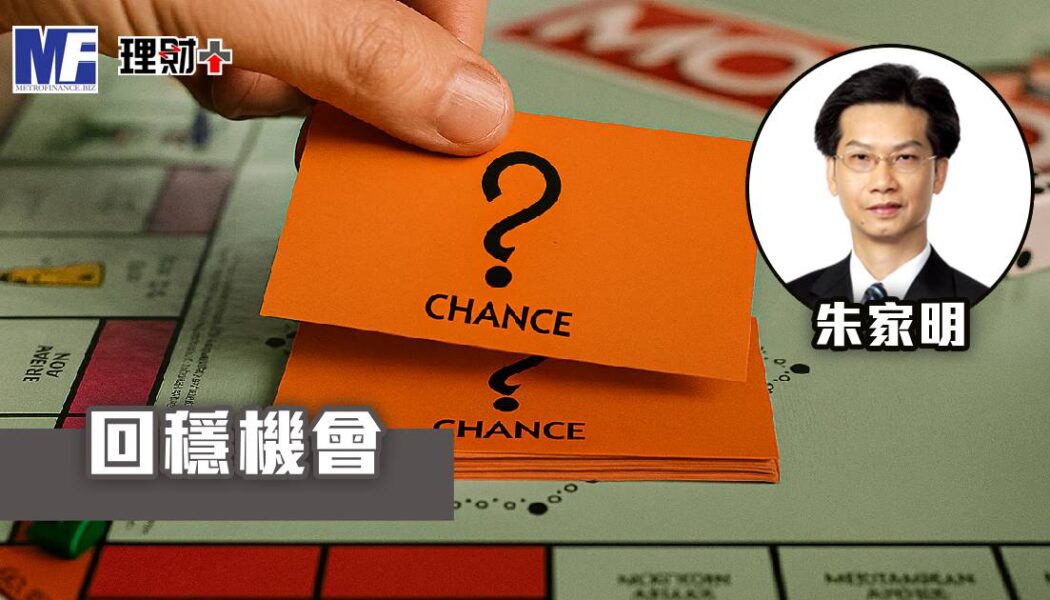「贏家和輸家購買和出售的是同樣的股票,只不過時間不同!」
有一篇文章提到,巴郡最近新買入的聯合健康股票(UnitedHealth),即使在上個月大幅反彈後,從8月14日美國證券交易委員會披露巴菲特於2025年第二季度購入的500萬股投資來看,仍可能處於虧損狀態。但如果這500萬股是分散在第二季度末期買入的,巴菲特買入成本大約在每股300美元左右,而現價350美元,他其實已經獲利。
然而,這筆投資是否已經有10-15%的收益,或仍處於小幅虧損,其實並不重要!對於像巴菲特這樣的長期價值投資者來說,他們從不追求10-15%的短期漲幅,而是看重更大幅度的上漲空間,且時間通常長達3-5年甚至更久。通常,他們會要求至少50%以上的回報率並持有至少三年,因此這筆交易在最初3-6個月漲跌10-15%完全無關緊要,因為他們明白無法控制或預測短期市場波動,但有信心投資的故事會隨時間得以展現。很多情況下,需要6-12個月才能走向正確的方向。
以聯合健康為例,自第二季度買入後,其股價在2025年第三季度曾跌至低於250美元,甚至比巴郡的平均成本低20%左右。價值股撈底時,這種股價過度下跌很常見,因為其他投資者在某一價格門檻會觸發止蝕離場。但對投資大師和價值經理來說,這正是利用弱勢加碼逢低買入的機會,降低平均成本並提升長期回報率。
根據市場規則,巴菲特、巴里(Michael Burry)和泰珀(David Tepper)是否在本季度加碼會在11月中旬披露。尤其如果聯合健康是一個高信念的股票選擇,這些專家會在股價跌破300美元和250美元時加碼下注。這是他們分散下注、利用市場波動獲利的方式,而其他較悲觀的投資者可能反而選擇止蝕拋售。「贏家和輸家購買和出售的是同樣的股票,只不過時間不同」。
被認為是深度價值股的股票,通常已經下跌或暴跌數月;在某個時點,它們被低估到吸引巴菲特買入,但他們往往買得稍微早了一點,股價尚未跌到最低點。因此,最初購入的股票很可能會遭遇10至15%或更高的短期帳面虧損,但有經驗的價值投資者不會在意,反而會利用這機會累積更多廉價股票以換取長期收益。當然,要建立買入信心,需要深入的研究分析,這正是所有深度價值投資經理的投資風格與理念。
投資者應該真的從這個例子學習,看看是否能嘗試用小額資金在現實生活中模仿。此外,要注意的是,像巴菲特這樣的經理在買入「墮落天使」股時,通常期望該股在未來幾年反彈50%或更多。因此,即便8月14日公告後股價已上漲16%,仍有相當的上漲空間,投資者可以跟隨巴菲特的腳步。
過去,如果你曾在他公開披露購買Capital One Finance或日本貿易公司股票後跟進投資,都會獲得可觀的利潤。當然,也存在一些如亨氏不那麼成功的案例,或蘋果股票的傳奇投資案例,但他的成功率相當高,非常值得投資者參考效法。許多人說想學習像巴菲特一樣投資,也許聯合健康是一個不錯的起點。
Warren Buffet could not care less if UnitedHealth stock has gained or loss 15% in the last few months and investors should start learn by copying this trade
An article said that Berkshire’s newly acquired UnitedHealth stocks could be still losing money even after its major rebound last month since August 14th SEC disclosure of a 5 million shares investment Buffett done in 2Q2025. I suspect Warren Buffet might have paid roughly around US$300 per stock if the 5 million stock purchase was spread over the late half of 2Q instead of earlier and therefore has a profit now with a US$350 current price.
However, that is an irrelevant issue whether this investment has a 10-15% gain so far or still at a small loss! For long-term value investors like Buffet, they never target 10-15 short-term gain and are aiming at much bigger upside but over a much longer period like easily 3-5 years or much longer. Usually, they would require at least 50% or bigger upside return over a minimum 3-year period for them to consider long-term investment. So, whether this trade is up or down 10-15% in the first 3-6 months does not matter at all as they understand well that they cannot control or predict short-term market movement but are confident that the investment story will play out in time. In many cases, it could be 6-12 months before it moves to the right direction.
In the case of UnitedHealth, after the 2Q purchase, it dropped much lower in 3Q2025 to even below US$250, probably as much as 20% lower than Berkshire’s average cost. To bottom hunting on value or even ‘stressed’ stock, such kind of overshooting on the downside happens frequently as other investors gave up and cut loss at certain threshold. But for investment guru and value manger, they will likely have used that weakness to accumulate even more shares last quarter that would lower their average cost and to increase return in the long run.
As per market rules, whether Buffet, Burry, & Tepper have done that in the current quarter would be disclosed in mid-November. Especially if it is a high-conviction stock idea which UNH should be, these experts would double down when stock melted down below $300 & $250. This is how they spread their bets and exploit market volatility for their benefit while other less sanguine investors might have done the opposite to ‘cut loss’ and sell at bottom. “Winners & losers buy and sell the same stocks at different times”.
For stocks to be considered deep value, usually they were falling or plummeting for months; at a certain point, they become significantly under-valued and attract Buffet’s buying but they usually start buying a little too early before the stock reached the rock bottom. Therefore, at least their first batch could frequently incur meaningful short-term paper loss of 10-15% or more. But experienced value investors would not mind that at all and would exploit that to accumulate more cheap shares for long-term gain. Of course, intensive research analysis and review are needed to build such conviction to perform such kind of catching the falling knife act but that is exactly the investment style & philosophy of all deep value investment managers.











